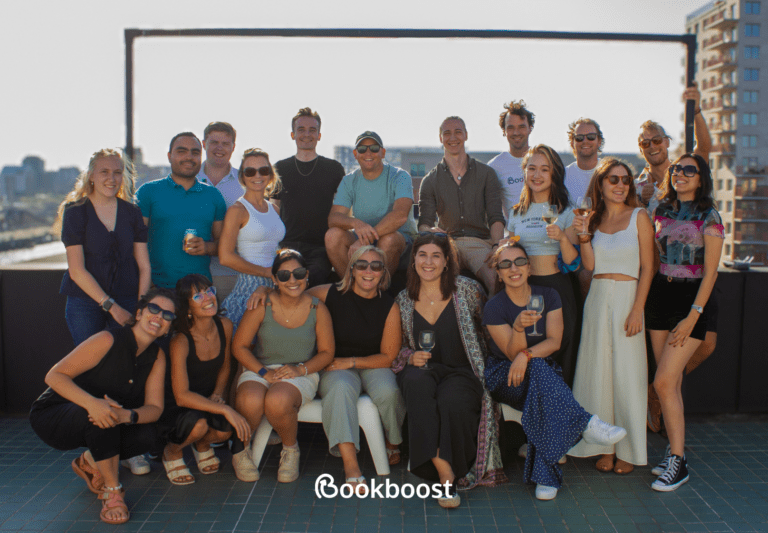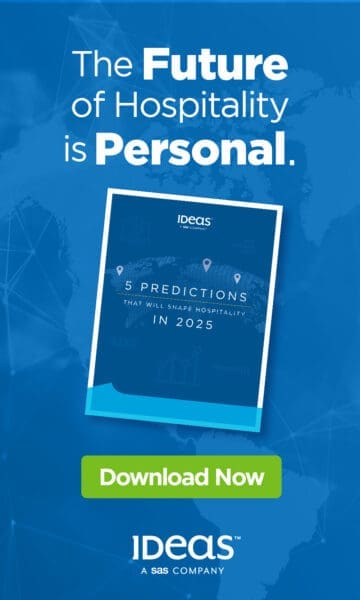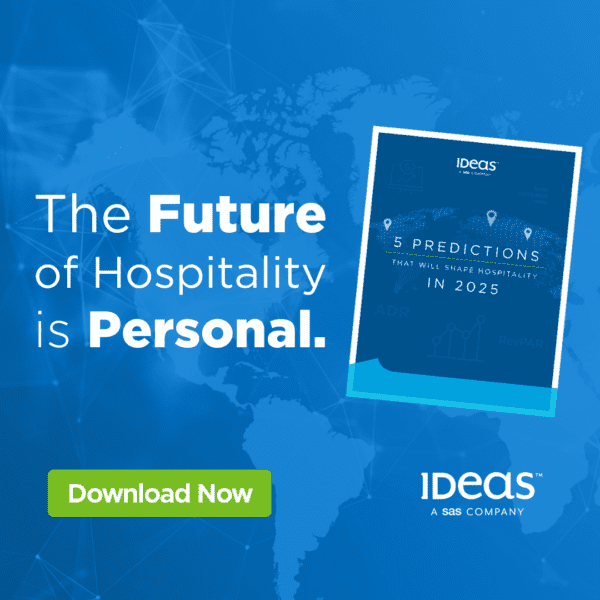
The world is becoming increasingly interconnected, with businesses and guests crossing borders more frequently than ever before. For hotels, this globalization presents both a challenge and an opportunity to deliver personalized, efficient service to guests from diverse backgrounds, many of whom speak different languages.
As technology evolves, conversational AI is emerging as a powerful solution to bridge the gap between languages and cultures, allowing hotels to cater to international guests. This article explores how conversational AI improves guest interactions, enhances operational efficiency, and fosters international business relationships in the hospitality industry.
The Growing Demand for Multilingual Support in Hospitality
The need for multilingual support has never been more critical. Guests from different countries may struggle to communicate effectively with hotel staff due to language differences, which can hinder their experience and lead to frustration. With the rise of conversational AI, hotels are now equipped with technology that can handle a variety of languages and dialects, ensuring that communication remains seamless, even when there is no shared language between the guest and hotel staff.
Conversational AI systems, like Annette, The Virtual Hotel Agent™ (Annette), can process natural language and respond in multiple languages. With the ability to translate real-time conversations and offer support in dozens of languages, AI eliminates the need for human translators and improves service efficiency. Whether guests are inquiring about guest services, dining options, or local attractions, guest-led, conversational AI can provide answers in their native tongue, ensuring that every guest feels understood and valued.
Adapting AI to Hotel-Specific Terminology
One of Annette’s unique capabilities is its ability to learn and adapt to hotel-specific terminology, making it a valuable tool for addressing the nuanced needs of each property. For instance, different hotels use different names for amenities or services, and Annette can incorporate these specific terms into its understanding.
For hotels with multiple locations around the world, having an AI system that can quickly adapt to various languages, cultures, and local expressions is a game changer. Guests may be more likely to ask about amenities or services that are unique to the location they are staying in. Through its natural language understanding (NLU) technology, Annette can recognize these requests and provide accurate, localized responses, helping guests feel more at home and satisfied during their stay.
Improving Operational Efficiency in Hotels
While the impact on guest experience is significant, conversational AI drives hotel operational efficiency. Traditionally, hotel staff are often overwhelmed by routine tasks like answering frequently asked questions (FAQs), providing local recommendations, or handling simple service requests. By automating these tasks, Annette allows staff to focus on more complex or personalized interactions, improving overall efficiency without compromising quality.
This shift is especially important during peak seasons or in busy hotels where staffing might be stretched thin. For example, hotels can experience a surge in guest inquiries during holidays or large conferences. With Annette handling routine requests, the human staff can focus on delivering high-touch services, such as addressing special guest requests, managing complaints, and ensuring a seamless overall experience.
The Role of AI in Enhancing Global Business for Hotels
As hotels increasingly cater to a global clientele, conversational AI plays a key role in expanding the reach of hotel brands beyond their local markets. With the ability to communicate in various languages and understand local cultures, Annette is breaking down barriers to entry for international markets, enabling hotels to provide consistent, high-quality service to guests from around the world.
Hotels no longer need to rely on bilingual staff or manual translation services to meet the needs of international guests. Instead, they can trust AI to provide real-time, accurate, and culturally relevant responses. This improves guest satisfaction and opens new opportunities for hotels to grow their global presence without investing in costly multilingual infrastructure.
Annette the Virtual Hotel Agent: A Prime Example of AI Excellence
A prime example of guest-led, conversational AI in action is Annette, The Virtual Hotel Agent™ from Travel Outlook. Annette is already helping hotels provide multilingual support, automate routine tasks, and enhance the guest experience by addressing specific requests in real time. Whether it’s answering FAQs or offering personalized recommendations, Annette’s ability to seamlessly bridge language barriers makes it a powerful tool for modern hospitality businesses looking to expand their international reach.
As Nikola Mrkšić, CEO of PolyAI, mentioned in a recent Bloomberg interview, “Up to 75% of customer interactions could be automated with AI.” This statement reflects the broader trend of increasing reliance on conversational AI in hospitality, and Annette serves as a perfect example of how these technologies are already reshaping the industry.
By automating routine tasks, providing real-time multilingual support, and personalizing guest experiences, Annette ensures that hotels can offer top-tier service to guests from all over the world.
For more information on how Travel Outlook and Annette, the Virtual Hotel Agent™ can transform your hotel’s operations, visit TravelOutlook.com/Annette today.




















